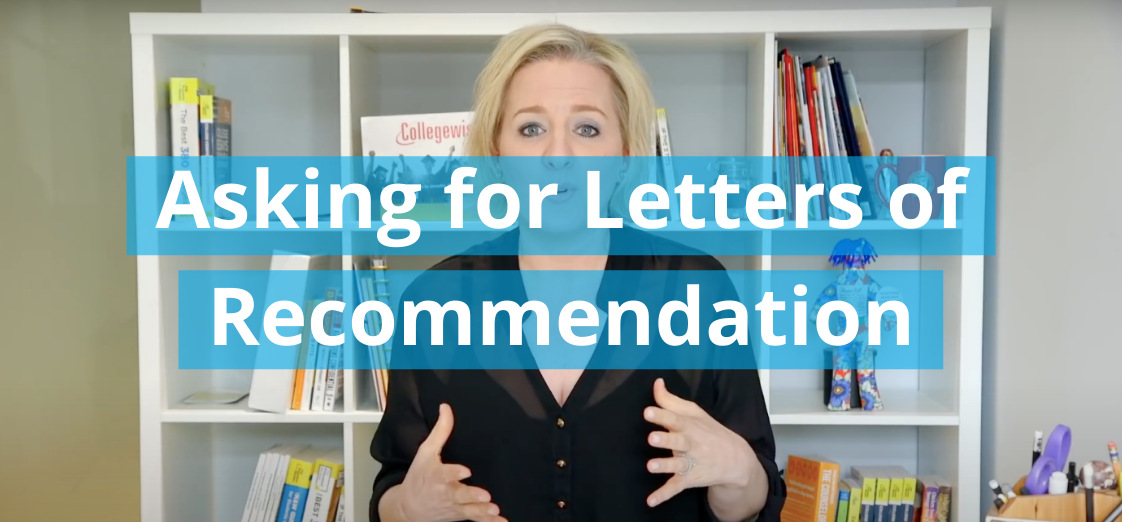We know there are seniors around the country (and world) who have admissions offers in hand but still find themselves looking backward and wondering, “What if…?” Parents and other adult stakeholders may see themselves doing this, too. In that spirit, we share excerpts from a letter we sent to the parents of our seniors yesterday. We hope it brings some comfort or simply answers some questions you may have.
Parenting through decision season can be an exercise in empathy. It’s watching your child shift from excitement to hope to disappointment to self-doubt to jubilance, all sometimes in the span of 24 hours. As much as well-meaning college admission professionals can throw out staggering numbers (“It was an incredibly difficult year with 125,000 applications…”) and remind you that this isn’t about you personally, it still feels really personal.
We’ve experienced a collective 35 years of admission decision seasons between us, so we’ve learned a thing or two about how to navigate the spring of senior year. And while this year was certainly different in many ways, decision seasons always have a similar feel. They’re human. And they bring out the best and the worst in us. For this email, we wanted to speak to those universal truths in this phase of the process and some unique realities of this year.
Why did X get in? What if our child had done Y?
As wise admission bloggers have written before, our natural instinct when we hear a “no” is to ask, “But why?” We want to know what we could have done differently or why they might say no to us when we’ve done A, B, or C. If we think of a rejection like the grief process, it makes sense that we jump right into denial. But after denial often comes anger or “What if?” thinking.
One of the biggest dangers of anger is its impact on how we think about another student’s acceptance. As our colleague Liz wisely puts it, “Resist diminishing the accomplishments of someone else’s children by saying that schools were “checking a box” by admitting them. No one “took” the place at a college from your senior (a sentiment I often hear). It was the school’s offer to give, and they gave it.”
In Dare to Lead, Brené Brown calls this form of empathy “The Block and Tackle,” and in her words, it’s an empathetic miss. Instead of sitting in the discomfort and being with our child or student in a moment of vulnerability, we deflect it with anger toward someone else. The other invisible downside of anger or “What if?” thinking is what it signals to students about the significance of this moment. This is where we’ll lean on our founder, Kevin McMullin, and his thoughtful words: “Lead by example and by words. If the news isn’t good, don’t immediately begin strategizing or second-guessing. Don’t do an application autopsy in an attempt to locate what went wrong. Don’t obsess about who got in and why. That behavior just reinforces that this is a life-defining day when, in the grand scheme of things, it’s not.”
Did test optional hurt their chances? What if they had done X instead of Y?
While online forums might say otherwise, no one except for the people in the committee room knows why exactly a student was admitted, denied, or waitlisted.
Participating in “what if” thinking is also human nature. It’s a cousin to our ability to envision what might be and our ability to dream of our futures, which is so much of this college process. So, it’s natural it goes into overdrive this time of year.
But, at Collegewise, the other part of this process we preach is focusing on what you can control. And there’s never a finer example of what we can’t control than an admission decision that’s already been made (or, uh, the ability to go back in time).
Are there any statistics about test optional admits this year?
Here’s what we know about this cycle: colleges are accepting large percentages of test-optional students. Some statistics at this early phase:
- 70% of ED admitted students at Boston U were test-optional applicants
- 60% of ED applicants at Emory were test optional, and 45% of ED admitted students were test-optional applicants
- 50% of admitted students (overall) at American U were test-optional applicants
- 40%+ of admitted students (overall) at U Georgia were test-optional applicants
- All admitted students to the UC system and Caltech were admitted without standardized testing (they are test blind, meaning they do not consider test scores at all)
Within Collegewise, we’ve seen students with and without test scores admitted at a wide range of institutions. We share these statistics mainly because, in the absence of compelling data, we often craft narratives that fit into neater boxes (“Quinn was denied because they didn’t have testing”). The reality is that, in the land of holistic admission, it’s never that simple.
So, if you’re a parent (or another adult stakeholder) reading this blog, just a final reminder that no matter what, this spring has made it clear that this year is only going to get better. Students will head off to college this fall. They will settle in for orientation, set up their shower caddies, and find new friends and interests. They will continue to discover and create the best versions of themselves, and we’ll all be better for it.
About Us: With more than twenty years of experience, Collegewise counselors and tutors are at the forefront of the ever-evolving admissions landscape. Our work has always centered on you: the student. And just like we’ve always done, we look for ways for you to be your best self - whether it’s in the classroom, in your applications or in the right-fit college environment. Our range of tools include counseling, test prep, academic tutoring, and essay management, all with the support of our proprietary platform, leading to a 4x higher than average admissions rates.






